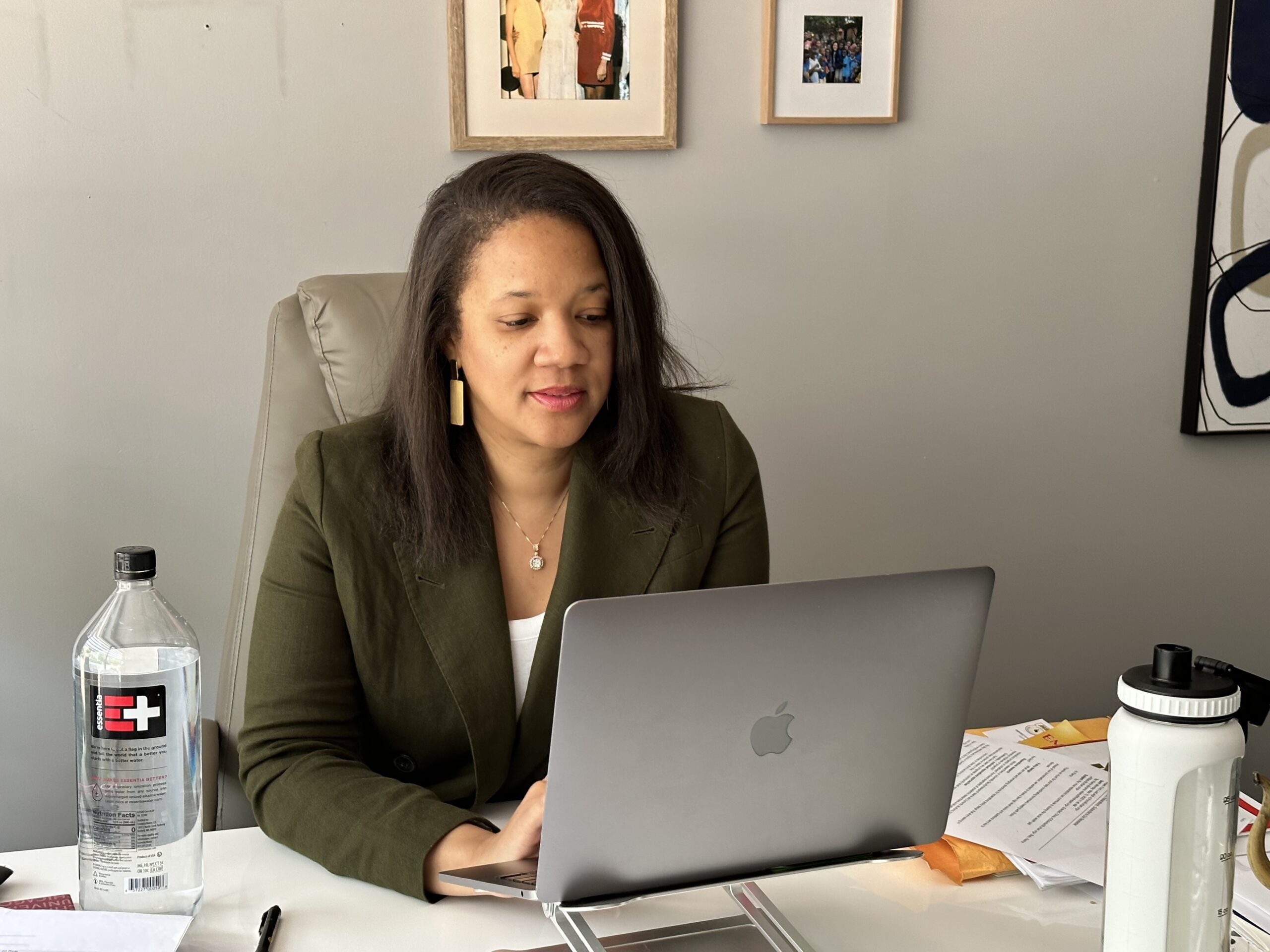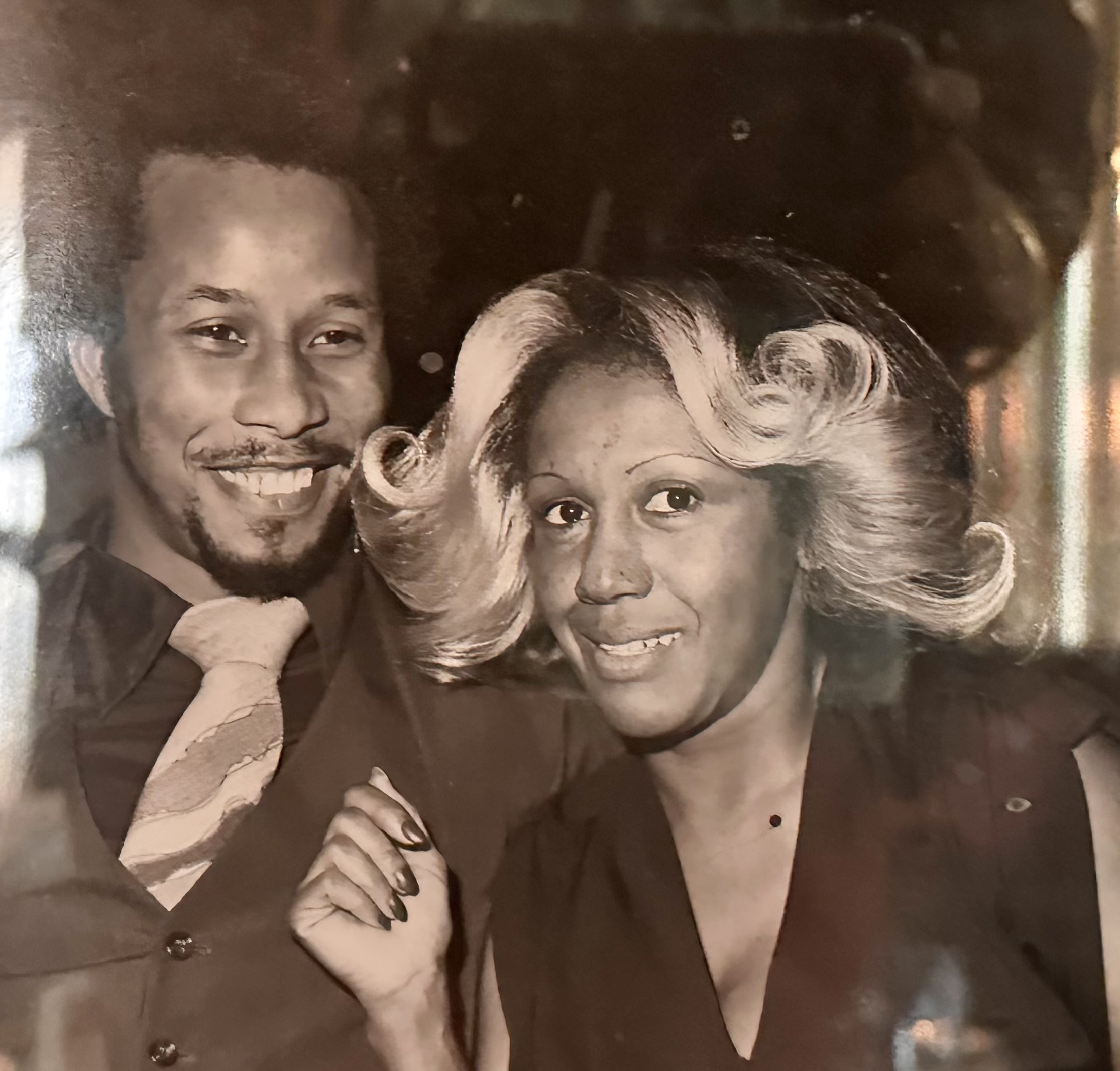Residents in Evanston, Illinois, expressed their frustration Thursday over the slow pace of the city’s historic reparations program, claiming officials would rather “showboat” and mug for the media than address deep flaws in the system that has so far seen seven people die before getting their money.
“You spend a lot of time on dinners, stale tactics, showboating, canceling meetings, and time with the media instead of what’s really important, which is getting this $25,000 to people in their 70s, 80s, and 90s and plus,” fed-up resident Tina Paden said at the meeting.
ONE QUESTION FOR TRUMP COULD DETERMINE THE RACE FOR THE 2024 GOP NOMINATION
Evanston is a small city on the outskirts of Chicago with fewer than 80,000 residents. It made history when it became the first city in the United States to guarantee funding for reparations to its black residents. The program, which has been studied by several states and cities across the country, focuses on housing discrimination and not slavery after residents said housing policies of the Jim Crow era and redlining overwhelmingly hurt them and created a cycle of poverty. The program’s architect, Robin Rue Simmons, a former alderwoman for the 5th Ward, has been active in pushing per policies and has taken her plan for reparations global, speaking at United Nations events.

The Washington Examiner ran a four-part series called Reparations Nation, in which we sat down with Simmons, other council members, residents, and businesses to discuss the impact reparations had on the community. Multiple residents in line for the grant money complained about the sluggish and often problematic rollout as well as some of the unintended consequences attached if a recipient chooses a controversial lump sum payout, which could cause them to forfeit their SNAP benefits and other government assistance. These topics and more were discussed at Thursday’s meeting.
“What we don’t want is people losing benefits as a result of us trying to actually help them. So, you give them a cash payment, and now, they can’t get health insurance,” Nicholas Cummings, a member of the Evanston Corporation Counsel, said.
The meeting also addressed funding.
Committee members said more than $1 million has been added to the reparations fund from the city’s real estate transfer tax. Funding for reparations was supposed to come from the city’s tax on recreational marijuana, but due to the pandemic as well as access to cannabis dispensaries, the money coming in was far less than anticipated. The committee, as well as residents, has also called on Northwestern University, which is located in Evanston and has its own storied history of racist housing policies, to step up and donate.
“They have all kinds of programs that they assist all over the world,” committee member Carlis Sutton said. “It seems to me that charity should begin at home.”
Sutton’s brother was among the eligible Evanstonians on track for getting $25,000, but his brother was also among those who died waiting for the money.
Anthony Swope, a resident the Washington Examiner profiled in its series, was also at Thursday’s meeting. His wife, Eleanor, who had plans to revamp her beauty salon and fix up their building with her reparations, died in November of a heart attack. Because there had been nothing in writing about the money going to the next of kin, Swope, who moved to Evanston more than 40 years ago, would not receive the funds intended for his wife.

CLICK HERE TO READ MORE FROM THE WASHINGTON EXAMINER
Despite the frustrations with the plan, Councilwoman Krissie Harris, who represents the 2nd Ward, told the Washington Examiner she remained optimistic.
“Very rarely do you get the perfect product on Day One,” she said. “You get better with time. You don’t wait until it’s perfect. You wait until it’s good. Perfect will come as you learn. It’s a learning process. You do it, you get better.”
